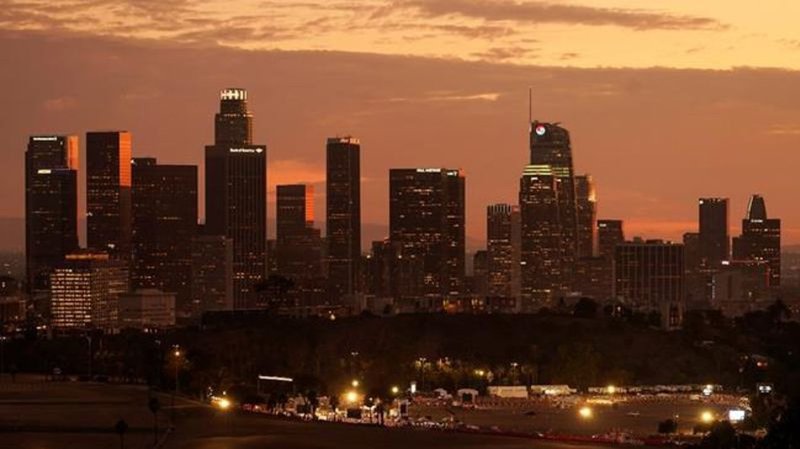
As virus cases surge, elected officials resist restrictions
PROVIDENCE, R.I. — With the coronavirus coming back with a vengeance across the country and the U.S. facing a long, dark winter, many governors and other elected officials are showing little appetite for imposing the kind of lockdowns and large-scale business closings seen last spring.
Many also continue to resist issuing statewide mask rules.
Among the reasons given: public fatigue, fear of doing more damage to already-crippled businesses, lack of support from Washington, and the way efforts to tame the virus have become fiercely politicized.
“I think that governors and mayors are, again, in a really tough spot. The American population is emotionally and economically exhausted,” Dr. Megan Ranney, an emergency physician and professor at Brown University in Providence, Rhode Island.
